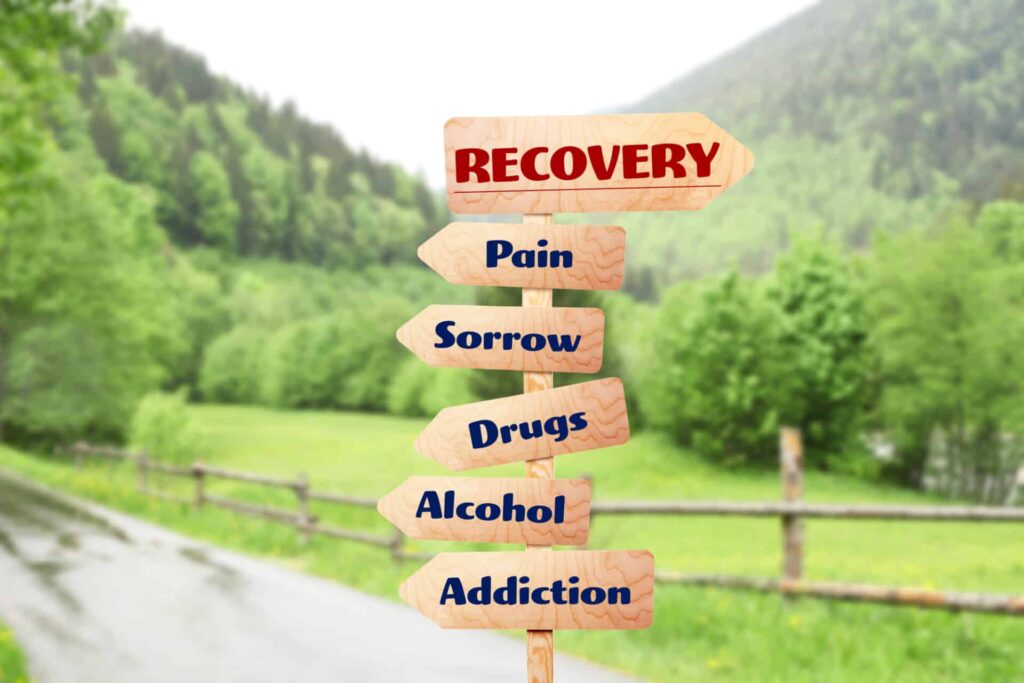Get effective alcohol addiction treatment designed to support a healthier life.
Key Kind of Dependency Treatment: Browsing Alcoholism Recuperation Through Evidence-Based Practices
In the world of alcoholism healing, the assimilation of Cognitive-Behavioral Treatments (CBT) and Medication-Assisted Treatment (MAT) marks an essential stride in the direction of efficacy and patient-centered treatment. CBT offers a structured path to reframe damaging thought patterns, while MAT gives a biochemical footing against the physical adversities of withdrawal. When these evidence-based methods are supplemented with holistic techniques, such as mindfulness and dietary support, they form a robust framework for therapy. Nevertheless, the journey via these modalities provides special challenges and outcomes, laying bare the question of how these therapies concretely converge to cultivate continual recovery.

Recognizing Cognitive-Behavioral Treatments in Alcohol Addiction Recovery
As alcoholism healing advances, cognitive-behavioral treatments (CBT) have become a cornerstone in efficient treatment methods. CBT operates the principle that maladaptive behaviors, such as extreme drinking, are driven by inefficient ideas and ideas. Treatment focuses on determining these unfavorable patterns and mentor individuals how to test and replace them with more useful thinking. This therapy is not just regarding handling behaviors but also improving cognitive procedures, which can lead to sustained soberness. Sessions usually entail functional skills training, such as coping techniques for handling yearnings and stress and anxiety monitoring techniques. The adaptable nature of CBT enables it to be tailored to the special needs of each individual, enhancing its performance in the realm of alcohol recovery.

The Role of Medication-Assisted Treatment in Managing Withdrawal and Food Cravings
Medication-assisted therapy (FLOOR COVERING) plays a critical duty in the administration of withdrawal symptoms and cravings in people go to website recuperating from alcohol addiction. Medication-Assisted Treatment. Such assimilation Extra resources supports the retention in treatment programs and adds considerably to avoiding relapse, noting Floor covering as a foundation of effective alcohol dependency treatment.

Integrating Holistic Methods With Standard Therapies for Comprehensive Care
While medication-assisted therapy gives a fundamental strategy to alcohol recuperation, incorporating all natural methods with typical treatments provides a more thorough treatment design. By combining these varied strategies, treatment programs can tailor treatments to private needs, promoting a much more sustainable healing. This integrated strategy emphasizes the relevance of a complex technique in the efficient treatment of alcohol dependency.
Final Thought
In conclusion, reliable alcohol addiction healing leverages a mix of evidence-based practices. wikipedia reference Cognitive-Behavioral Treatments reframe adverse reasoning, while Medication-Assisted Treatment takes on the physical challenges of withdrawal and food cravings.